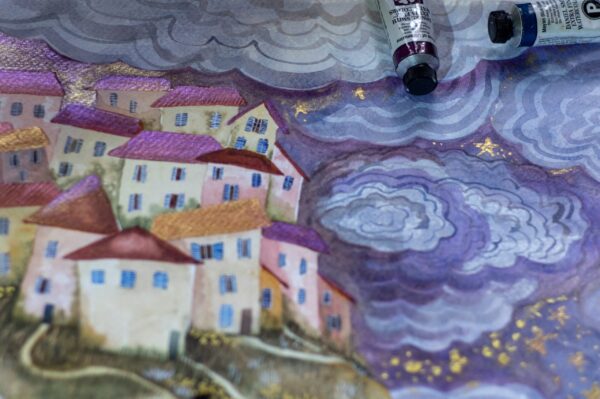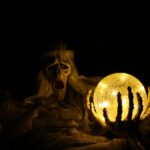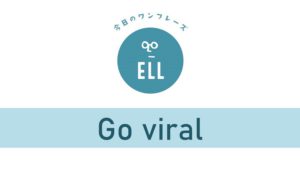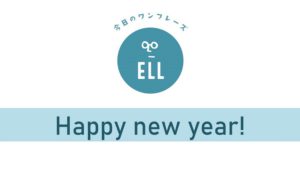
The most childish thing I still enjoy is undeniably classic fairy tales. As a big fan of writing and storytelling, I don’t think it’s too strange or childish that I still love them, but many people see it as a childish thing I do. I love storytelling of all kinds. I love analyzing storylines, character development, backdrops, and everything else that helps build new worlds for us to explore safely outside our own. Classic fairy tales, for me, are a complex form of art and, despite being made for children, many of them are so intricately made it’s hard for us to replicate them or adapt them to the standards of our modern day without stripping them of their essence and charm.
The positive of classic fairy tales for me is that they are short, simple stories with honest and direct life lessons in mystical worlds that somehow manage to grab and keep the attention of children. I think because of the simplicity of children’s cartoons, many adults do not understand how difficult it is to make books or other non-visual media for children. Writing a children’s book, however, is possibly one of the most difficult literary tasks to take on and requires a lot of knowledge or skills. Yet classic fairy tales managed to make an entire art of it. So much so, that they have become timeless and given birth to some of our most well-known or easily recognizable characters. I appreciate the genius in their writings to a great extent.
The Brothers Grimm fairy tales are among my favorites. I have a bookshelf full of different prints and collections of their stories. Each book made for them comes with a unique feel and a distinct form of art. Reaching for one of these books and looking through the illustrations made for them is always a magical experience. The same charm is hard to come by in modern fairy tales or modern adaptations. Modern fairy tales often lose the meaning of the messages or try to always have positive outcomes. I think this is wrong.
Part of exploring fairy tales, in my opinion, as mentioned before, is to explore the consequences of actions in a world outside of our own. Many classic fairy tales have the characters experience negative outcomes or less than positive results even when they are the lead. Modern fairy tales always have happy endings, and everything always works out for the leading characters. I don’t think there’s any lesson learned in this. Modern attempts at fairy tales focus on entertaining children or selling a fantasy. But classic fairy tales focused on teaching life lessons, and they managed to do it in mystical worlds just the same.
For me, the last great author of fairy tales was the English writer Roald Dahl. Roald Dahl had everything to make a great fairy tale in modern day circumstances and he knew how to do it so well that he managed to do it time and time again. His stories often had intense situations with less than perfect characters, but they always managed to deliver a moral message through the discomfort. Of course, his stories often faced backlash for being outlandish or bringing up heavy topics, but I think that’s necessary to make great art. He was a genius, and if more modern writers could learn from him, we would be able to go back to basics and create modern masterpieces that will be timeless like the classics.
Dolores
Vocabulary
undeniably (adverb) – in a way that is definitely true
backdrop (noun) - the general conditions in which an event takes place, which sometimes help to explain that event
intricately (adverb) - in a very complicated or detailed manner
strip (verb) - to remove something completely
backlash (noun) - a strong negative reaction by a large number of people, for example to something that has recently changed in society
outlandish (adjective) - strange or extremely unusual
英語学習をフルサポート!
マンツーマン&コーチングの英会話教室























